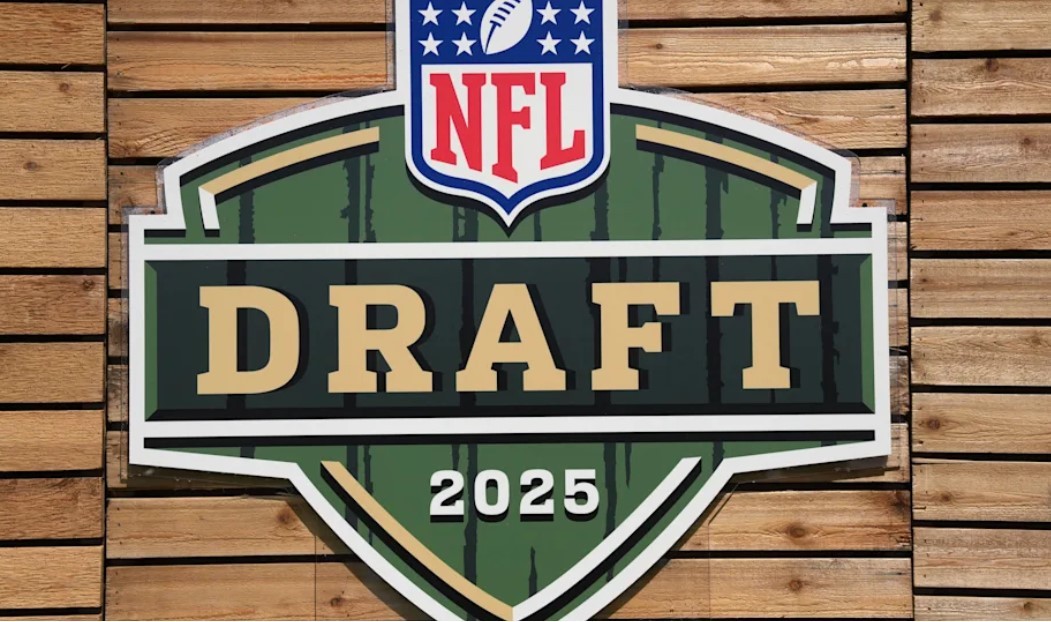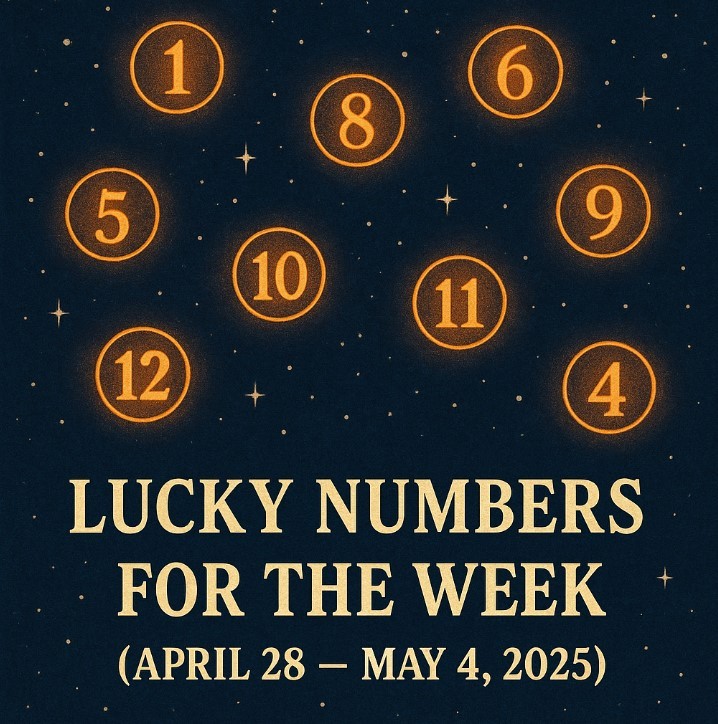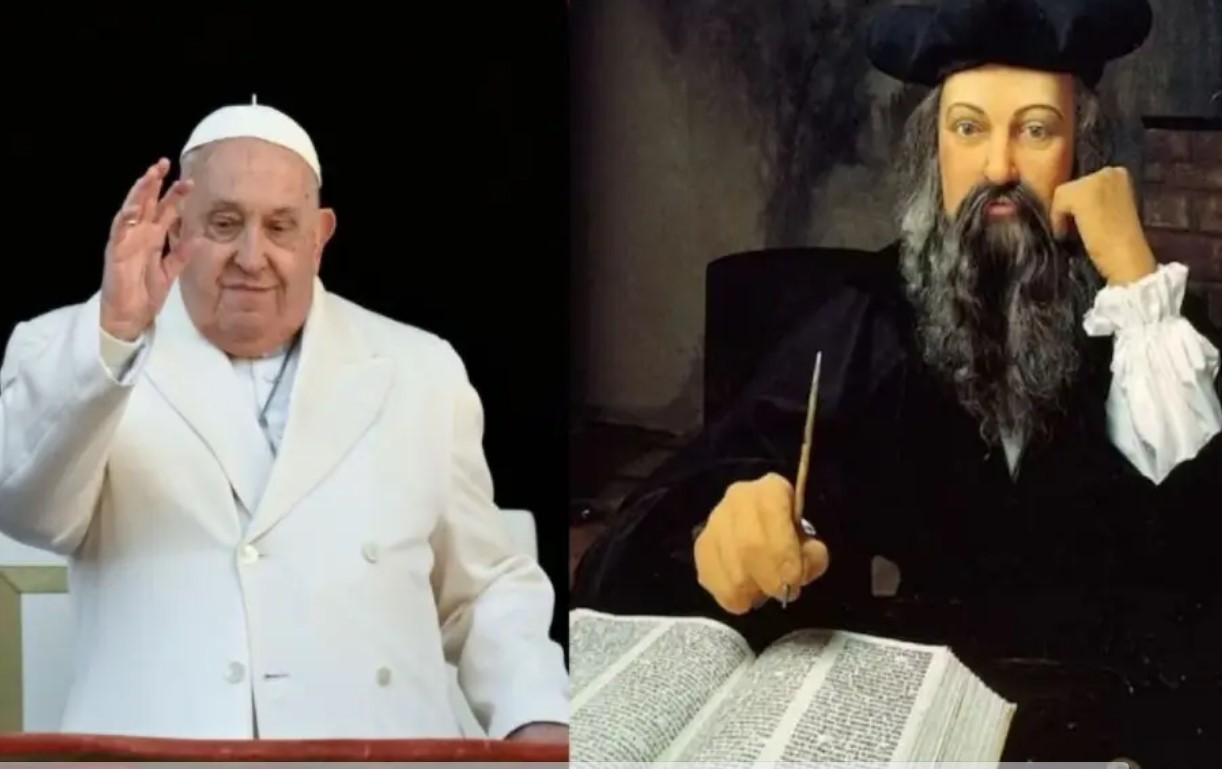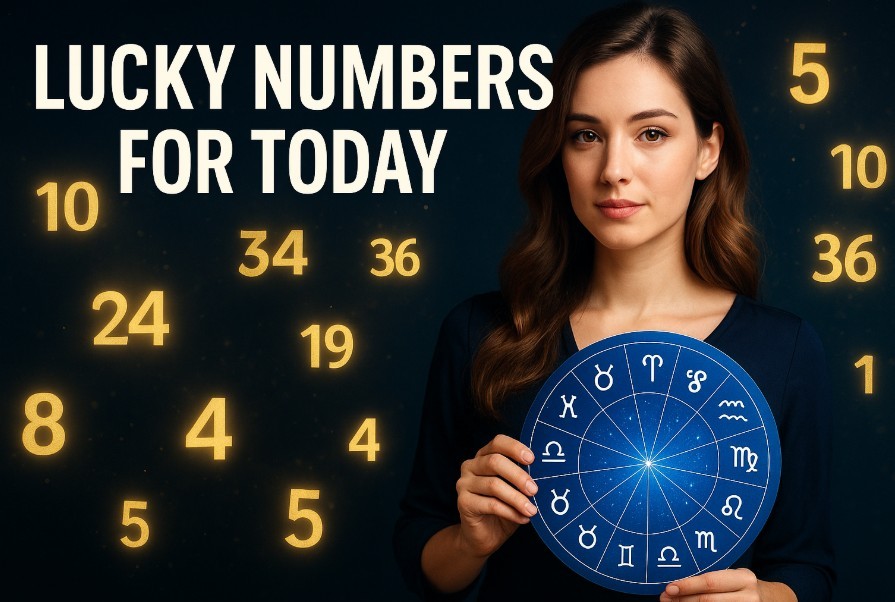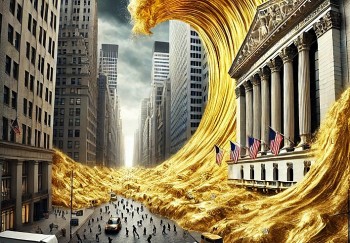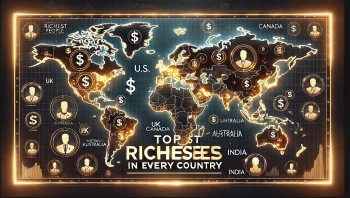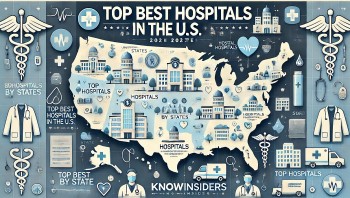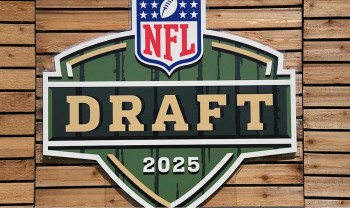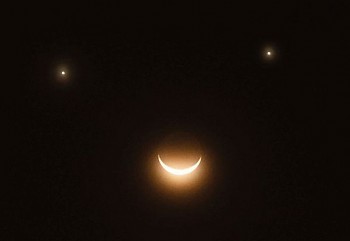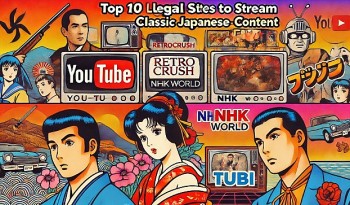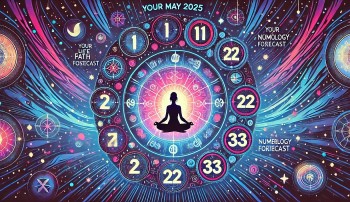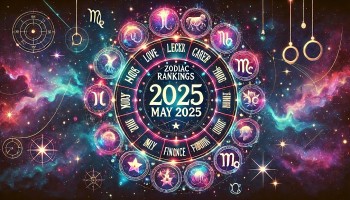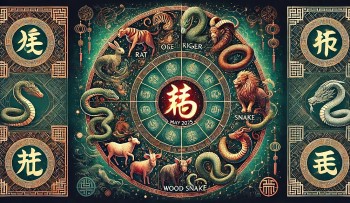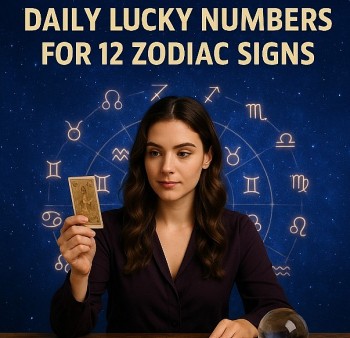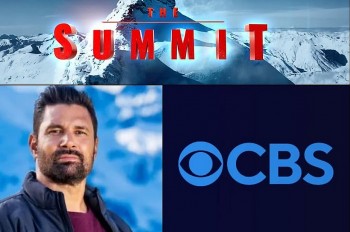Who Will Be Pope Francis' Successor?
With over 1.3 billion followers worldwide seeking spiritual direction in an increasingly complex world, the election of the next pope carries monumental importance. The College of Cardinals — a body largely appointed by Francis himself — will soon gather in a conclave to choose a new leader who could either reinforce or redirect the Church's current path.
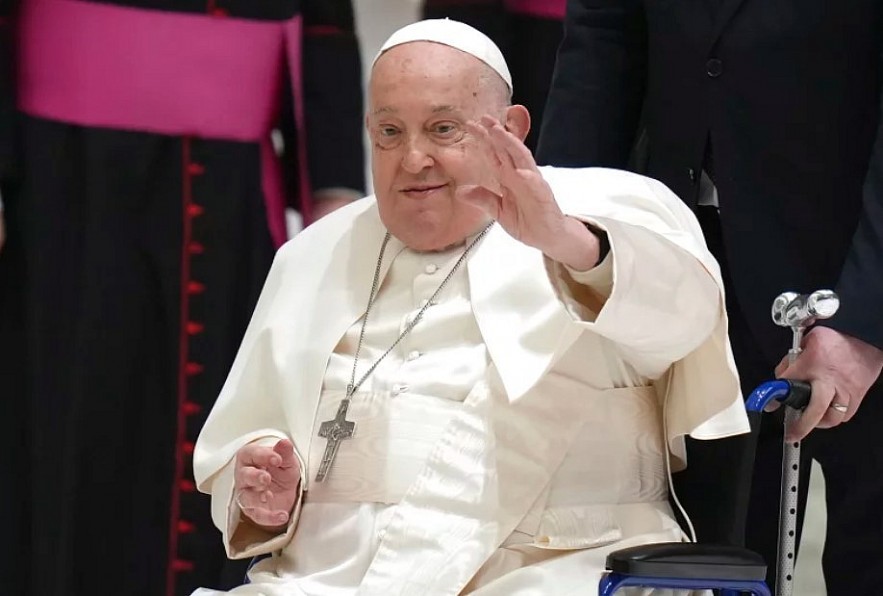 |
| Pope Francis waves as he arrives for his weekly general audience in the Paul VI Hall, at the Vatican, Wednesday, Feb. 12, 2025 |
Learn more: Did Nostradamus Predict Pope Francis' Fate? Prophecies and Current Health Updates
How is the next Pope elected?• After a Pope dies or resigns, the Vatican organizes a papal conclave where the College of Cardinals gathers to choose the Church’s new leader, as noted on the United States Conference of Catholic Bishops website. • Out of 252 cardinals, 138 electors—those under the age of 80—take part in four rounds of a secret ballot held in the Sistine Chapel. • Voting continues daily until one candidate secures a decisive two-thirds majority, with the process potentially lasting 15 to 20 days. |
Key Candidates Likely to Shape the Future of Catholicism
Cardinal Pietro Parolin — The Diplomatic Veteran
Former Vatican Secretary of State, Cardinal Pietro Parolin, is recognized for his diplomatic finesse and deep-rooted experience in Church governance. His moderate approach and seasoned negotiation skills position him as a frontrunner. Parolin is seen as a stabilizing figure who could continue many of Francis' reforms while ensuring institutional cohesion.
Cardinal Luis Antonio Tagle — The Asian Rising Star
Nicknamed "the Asian Francis," Cardinal Tagle, former Archbishop of Manila and Prefect of the Congregation for the Evangelization of Peoples, commands global respect. His pastoral sensitivity and youthful charisma resonate strongly with the rapidly growing Catholic communities in Asia. Electing Tagle would signify a historic shift towards the global South and inject new energy into the Church.
Cardinal Matteo Zuppi — The Pastoral Bridge Builder
The Archbishop of Bologna and President of the Italian Bishops' Conference, Cardinal Matteo Zuppi is celebrated for his advocacy of social justice, immigration reform, and interfaith dialogue. His balanced theological vision and active pastoral outreach make him an appealing candidate for those seeking to keep the Church relevant to contemporary societal challenges.
Cardinal Robert Sarah — The Voice of Tradition
Cardinal Robert Sarah, formerly Prefect of the Congregation for Divine Worship, hails from Guinea and is a champion for traditionalist values within the Church. Advocating for a return to orthodox liturgy and doctrine, Sarah appeals to cardinals seeking a decisive shift away from the Franciscan model.
Cardinal Peter Erdo — The Intellectual Custodian
As Archbishop of Esztergom-Budapest and a former president of the Council of European Bishops' Conferences, Cardinal Peter Erdo is known for his academic rigor and structured pastoral care. His election would emphasize doctrinal clarity and intellectual leadership, appealing to those who seek a steady, Europe-anchored papacy.
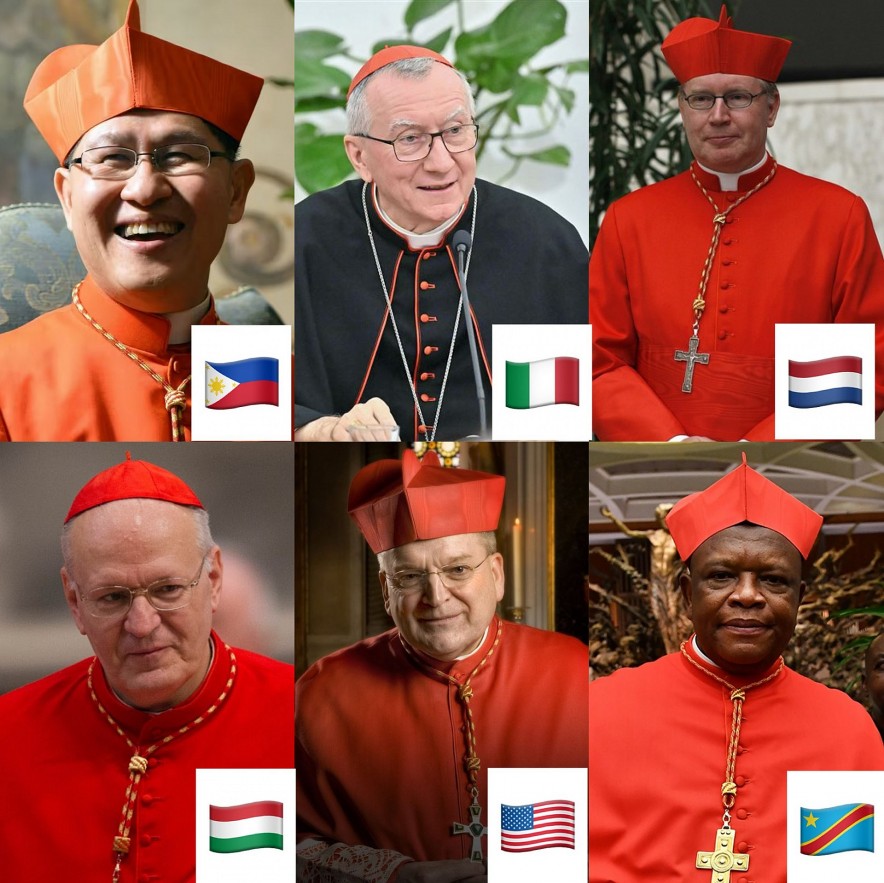 |
| Pope Francis' Successors |
Critical Factors That Will Shape the Next Conclave
Demographic Realignment
With the Catholic population increasingly concentrated outside Europe, many expect the next pope could come from Africa, Asia, or Latin America — reflecting the Church's evolving global face.
Doctrinal Priorities
The ideological divide between progressive and traditionalist cardinals will heavily influence the conclave. Whether the Church continues on Francis' path of reform or shifts towards a more conservative direction will be at the heart of the debate.
Health and Leadership Longevity
Cardinals may prioritize electing a relatively younger and healthier candidate capable of providing strong leadership over a longer term.
Global Crisis Leadership
The next pope must address urgent global issues: climate change, mass migration, secularism, and the credibility crisis following clerical abuse scandals. A leader adept at global diplomacy will be crucial.
Digital Era Adaptation
To engage younger generations, the Church needs a leader fluent in digital communication, capable of evangelizing effectively in a media-driven world.
What’s at Stake for the Future of Catholicism
TheCatholic Church, now mourning the loss of Pope Francis, faces a decisive moment. Will it continue to emphasize inclusivity, social justice, and reform? Or will it reaffirm tradition, orthodoxy, and a more insular identity?
The outcome of the conclave will not only determine the Church's internal direction but also redefine its role on the global stage for decades to come. Every faithful eye — and many secular ones — will be fixed on the Sistine Chapel as smoke rises signaling a new chapter in Church history.
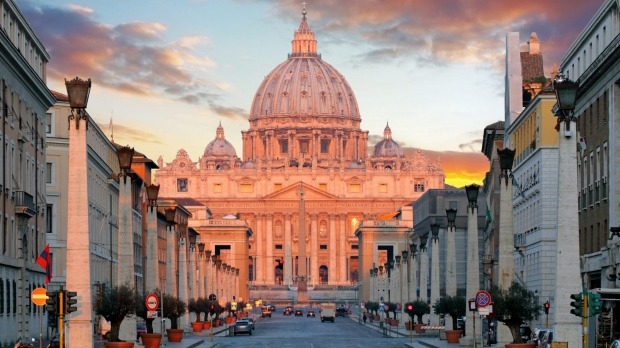 Which Country is The Smallest in the World? Which Country is The Smallest in the World? The smallest country in the world has the area of only 44 hectares. What country is that: Population, Territory, Interesting Facts and Figures? Find ... |
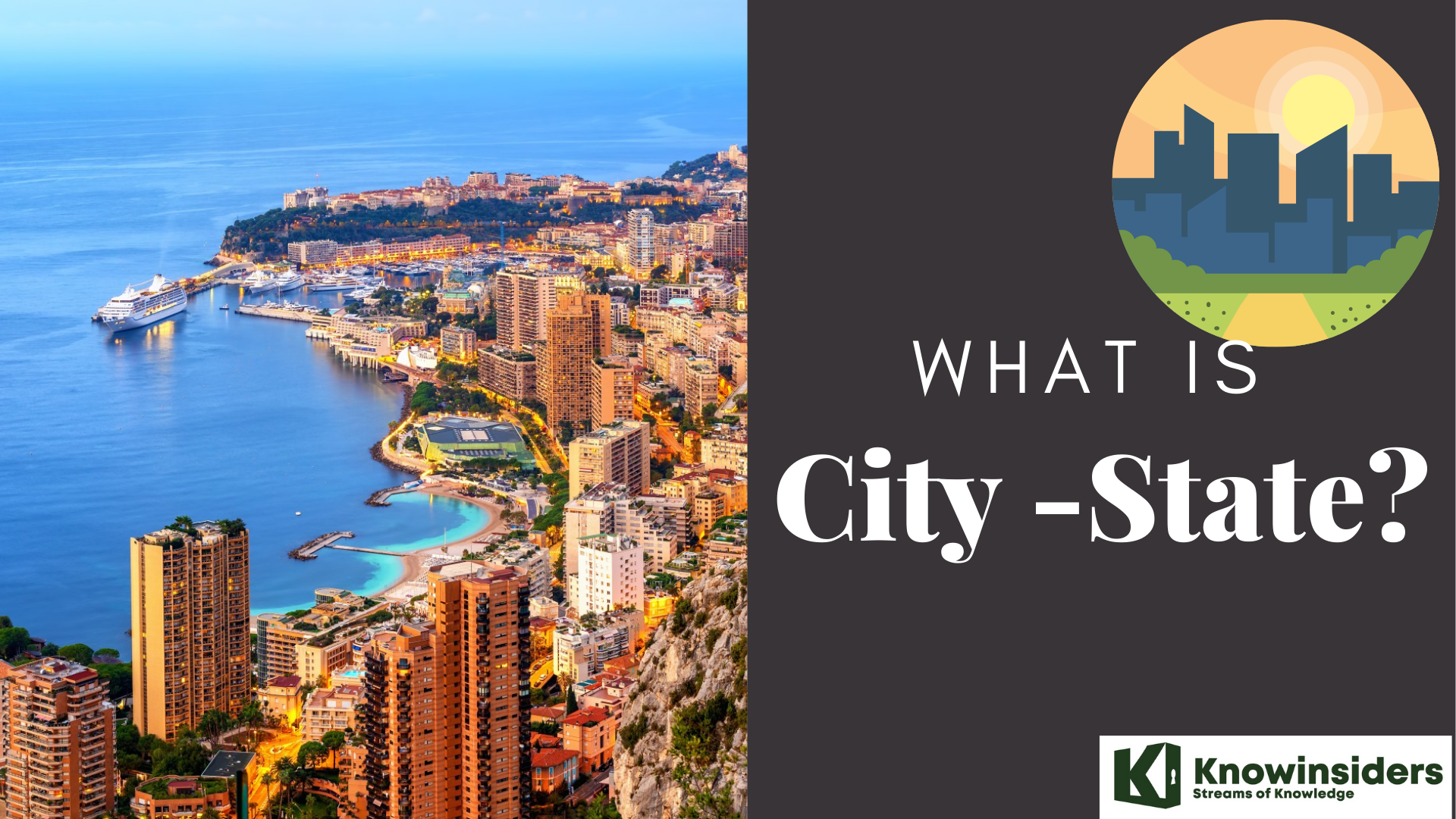 What Are The City States: Vatican, Monaco And Singapore What Are The City States: Vatican, Monaco And Singapore What is "City-State"? We will guide you through the definition, characteristics, history, and examples. |
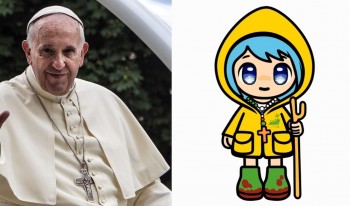 Who Is Luce, The Vatican’s New Mascot: Origin, Meaning, Symbolism Who Is Luce, The Vatican’s New Mascot: Origin, Meaning, Symbolism We’ll delve into the origins of Luce, the symbolic meaning behind the character, the Vatican’s goals, and the reception of this mascot across cultures. Additionally, ... |
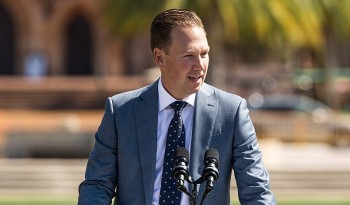 Who is Brian Burch: Biography, Career, and Net Worth Who is Brian Burch: Biography, Career, and Net Worth Brian Burch is a prominent conservative political activist, writer, and leader in Catholic advocacy. |

